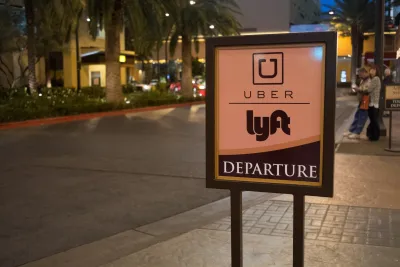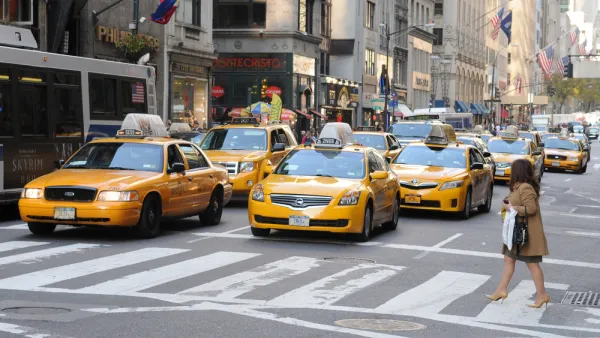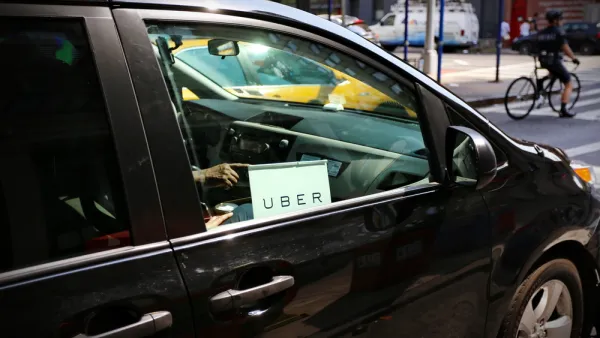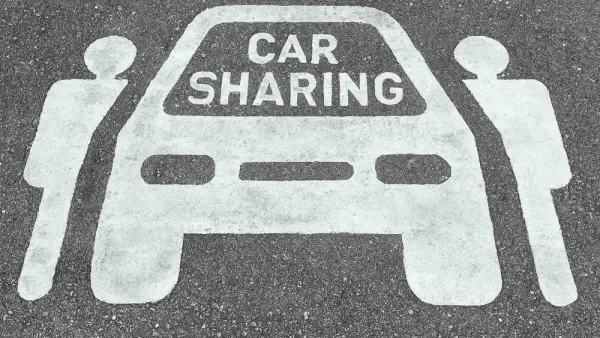A glimpse at Uber's financials show's that the car-hailing app's days of affordability may be shorter than some are expecting

With Uber's rise in popularity it has gained a foothold as an alternate to mass transit for some, pushing out competitors such as Lyft in some markets with hard to beat prices. The Financial Times Alphaville blog takes a closer look at recently released financial data from the company, which shows a substantial subsidy of $2 billion from investors is helping to keep Uber's prices low. As noted in the report, Uber passengers are only paying 41 percent of the actual cost of their trips. Izabella Kaminska of Alphaville writes:
Silicon Valley elites justify the subsidies in the name of monopolistic growth expectations and the building of “eco-systems”*. They believe if monopoly status is achieved, profitability will follow naturally from that point.
Yet, as FT Alphaville has long maintained, there is no reason to assume Uber’s obliteration of local competition across the planet will create a sustainable business in the long term. Costs are costs, even if you’re a monopoly. As long as people have cheaper alternatives (public transport, legs), they will defect if the break-even price is higher than their inconvenience tolerance threshold.
Kaminska notes that the poor returns for the car-hailing aspect of Uber's business model may be why it is now "pivoting its way to viability" with expanded offerings, including Uber Eats.
FULL STORY: The taxi unicorn’s new clothes

Analysis: Cybertruck Fatality Rate Far Exceeds That of Ford Pinto
The Tesla Cybertruck was recalled seven times last year.

National Parks Layoffs Will Cause Communities to Lose Billions
Thousands of essential park workers were laid off this week, just before the busy spring break season.

Retro-silient?: America’s First “Eco-burb,” The Woodlands Turns 50
A master-planned community north of Houston offers lessons on green infrastructure and resilient design, but falls short of its founder’s lofty affordability and walkability goals.

Test News Post 1
This is a summary

Analysis: Cybertruck Fatality Rate Far Exceeds That of Ford Pinto
The Tesla Cybertruck was recalled seven times last year.

Test News Headline 46
Test for the image on the front page.
Urban Design for Planners 1: Software Tools
This six-course series explores essential urban design concepts using open source software and equips planners with the tools they need to participate fully in the urban design process.
Planning for Universal Design
Learn the tools for implementing Universal Design in planning regulations.
EMC Planning Group, Inc.
Planetizen
Planetizen
Mpact (formerly Rail~Volution)
Great Falls Development Authority, Inc.
HUDs Office of Policy Development and Research
NYU Wagner Graduate School of Public Service




























